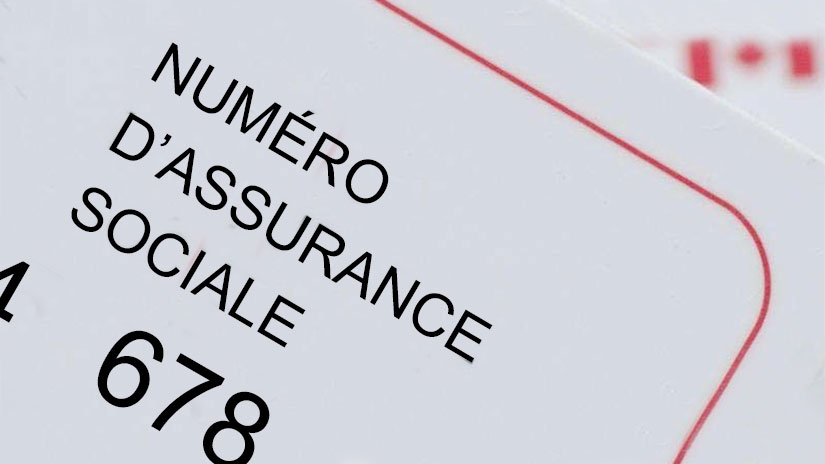It should be understood that businesses that collect and resell consumer credit information create their records by assigning a unique identification number. In Canada, it is the social insurance number they use; homeowners have nothing to do with it. All other information carries the risk of confusion between individuals, which can lead to serious errors. Companies that provide credit data know this.
The name / address / date of birth combination does not provide optimal reliability to ensure that the credit file found is the candidate’s. Some tenants move regularly or have moved recently; the address in the credit file is often not the one on the identity document of the candidate. Date of birth is also problematic. Regularly, CORPIQ notes a reversal of the month and the day (example 09-04 or 04-09) which raises a doubt about the acuracy of a credit file. As for the name, it often happens that the one written on the identity document and the one in the credit file diverge (name and surname inversions for foreign names, middle name added or missing, male first name instead of feminine such Jean / Jeanne, first name followed by JR or Sr, etc.). Obviously, this confusion is sometimes cleverly exploited by undesirable individuals who seek new housing after being expelled elsewhere.
The risk of error of the credit file obtained is a situation all the more serious for the owners in Quebec that are the only ones to not have the right to demand a security deposit to protect themselves and limit their losses. In addition, they face unacceptable delays at the Régie du logement and only 6% manage to recover all their unpaid rent. Every year, homeowners lose $ 250 million.
Some repeat that it is sufficient for the prospective tenant to bring his own credit file to the owner to reassure them about there payment habits. Frankly, we all know that there is nothing easier than scanning a document and embellishing a few numbers with your computer before reprinting it. In addition, only the record of the day is truly indicative of the financial situation of the candidate.
The vast majority of applicants agree to provide their social insurance number. This information proves a protection for tenants too. A credit report can be obtained without this number, but not always. In the least worst case, the social insurance number is the difference between a file found or not found.
In the worst case, its absence generates the file of someone else, without even noticing it if the other information is similar. One can then imagine the serious consequence for a tenant to be denied the desired housing because the credit file obtained is too weak, while it is simply not his. The reverse risk also exists: an owner can accept a tenant on the basis of a good credit report, while he finds out that his real file is disastrous.
CORPIQ, which conducts tens of thousands of surveys a year, sees these situations. Finally, you must know that access to the credit file of someone leaves a trace, which minimaly affects the credit rating. This is the kind of mistake that is always avoided when the social insurance number is used in the application. This protection of individuals does not always seem well understood in terms of residential rental.

